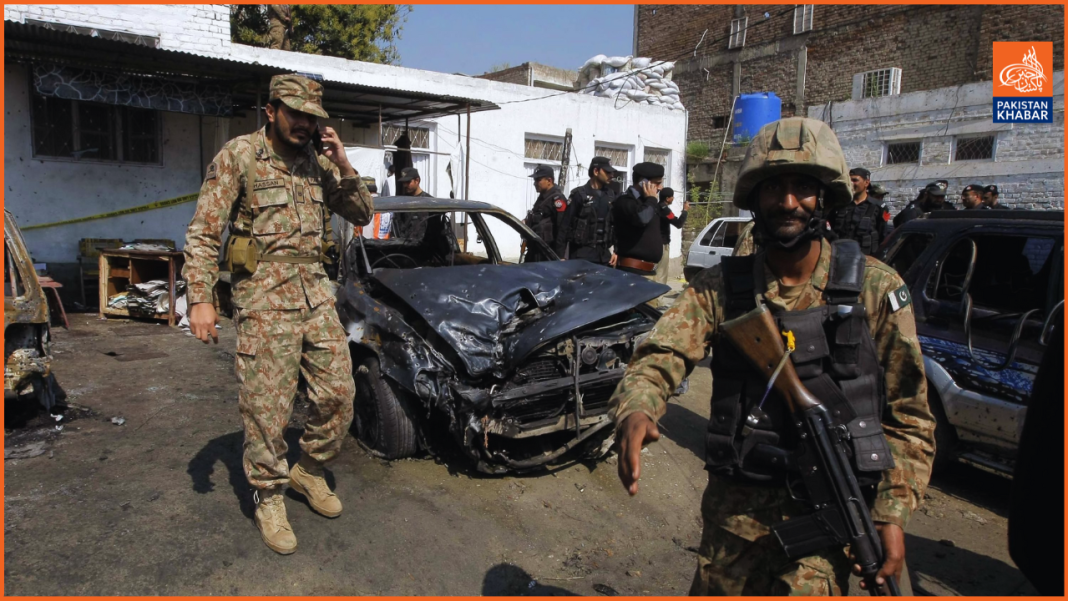ISLAMABAD: Pakistan witnessed a significant rise in militant violence during 2024, with a 40% surge in attacks compared to the previous year. According to data released by the Pakistan Institute for Conflict and Security Studies (PICSS), the country recorded 905 militant incidents in the outgoing year, resulting in 1,177 fatalities and 1,292 injuries.
The report indicates a troubling 21% increase in the number of deaths from militant attacks, while injuries declined by 5%. Of the 1,177 people killed, 488 were civilians, 461 were security personnel, and 225 were militants. The 1,292 injuries included 692 civilians, 589 security forces personnel, and 11 militants.
In operations aimed at combating militancy, Pakistani security forces carried out counter-insurgency actions that led to the deaths of 792 individuals. This figure includes 725 militants, 66 security personnel, and one civilian. The operations also resulted in 171 injuries, mostly among militants, with a significant decrease in arrests from 640 in 2023 to 223 in 2024. This change in tactics has been attributed to the evolving nature of the conflict, with more aggressive action against militants but fewer arrests of suspected operatives.
The combined toll from both militant attacks and security forces’ operations in 2024 amounted to 1,969 deaths, including 950 militants, 527 security personnel, and 489 civilians. The number of injured stood at 1,463, with civilians accounting for 47% of all injuries.
While militant activity increased across the country, suicide bombings saw a sharp decline from 29 in 2023 to 17 in 2024. The report attributes most of the militant attacks to the banned Tehreek-e-Taliban Pakistan (TTP) and the Balochistan Liberation Army (BLA). In particular, militant groups in Khyber Pakhtunkhwa and Balochistan, such as the Hafiz Gul Bahadur faction and Lashkar-e-Islam, became more active.
Despite these developments, there was a marked decrease in activity by the Islamic State (Daesh) in Pakistan during 2024. Militant groups have also begun using new tactics, including temporarily holding territory and setting up roadblocks, especially in Khyber Pakhtunkhwa and Balochistan. These moves, shared by both religiously motivated and secular ethnic insurgent groups, highlight a shift in their strategic objectives.
The year 2024 saw the highest number of deaths among militants and security personnel since 2016 and 2014, respectively, underscoring the escalating security challenges Pakistan faces. The year’s toll serves as a stark reminder of the ongoing violence that continues to affect the country’s stability.




